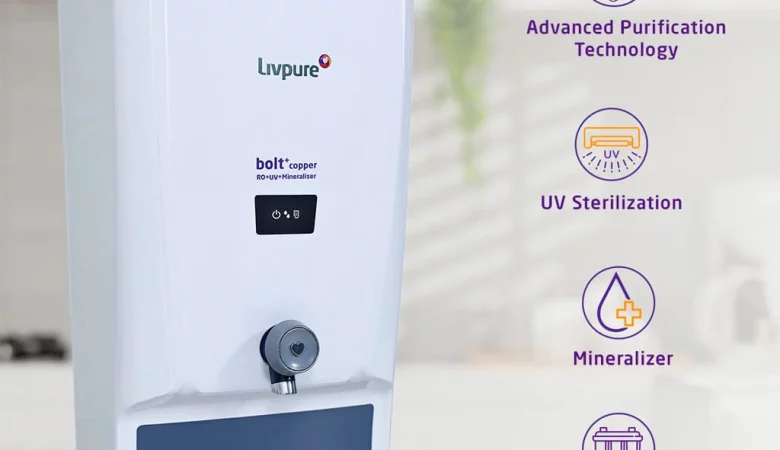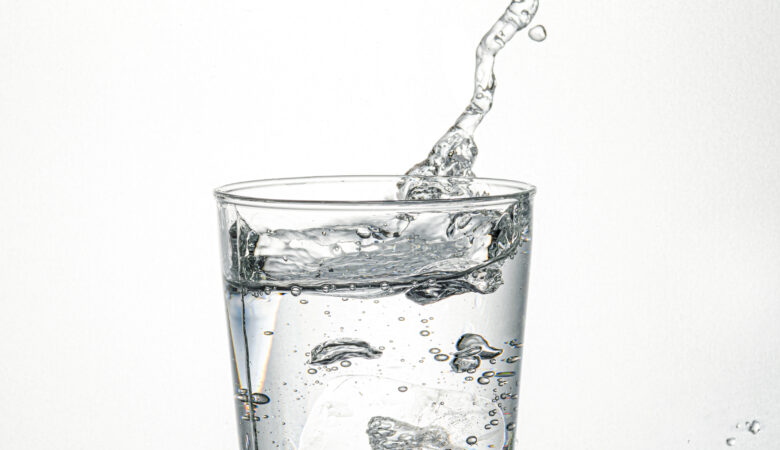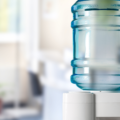Most of us do not give water much thought unless our bodies alert us to it. Usually, we reach for a bottle and guzzle the water until we are satisfied without giving it any further thought. Safe and clean water is one of the most in-demand resources worldwide, despite being acknowledged as life’s primary sustainer and protector. Given its high levels of total dissolved solids, pollutants, germs, and pesticides, the water that flows directly from the taps into our homes may not be of the highest quality for drinking. Given the frequency of this issue, people are using water purifier to clean their drinking water at home and work.
This guide will assist you in choosing a new water purifier if you are in the market for one.
The several kinds of water purifiers listed below:
- Gravity water purifiers: These purifiers filter water by exerting pressure on it. They are portable and run without electricity. This kind of purifier is among the most economical ones.
- Ultraviolet (UV) water purifiers: UV rays are used to get rid of microorganisms in water. The completely dissolved solids and particles in the water cannot be effectively removed by this rather quick process.
- Reverse osmosis water purifiers: These are regarded as the most efficient because they remove bacteria and sediment from the water. It is also successful in lowering the water’s hardness.
Knowing the source of your water is crucial before selecting a purifier. In large cities, we obtain water from three principal sources
- Municipal Water: This is typically lake or river water that has been treated by the municipality before being delivered to our homes. This type of water typically has total dissolved solids that range from 1 to 200 ppm.
- Wells / Groundwater: Wells or bore wells bring us water that is obtained from underground and has a higher TDS. The water may need to be treated because it may be contaminated with metals or pesticides, depending on the area.
- Mixed Sources: Water is delivered in a variety of locations. This might come from municipalities, bore wells, or tankers. Because of this, it is challenging to estimate the water’s TDS and pre-treatment is necessary before drinking.
It is required to know a little bit more to respond to the question of what kind of purifier to purchase
- What TDS level in water is considered acceptable? – Total dissolved solids are made up of salts and small amounts of organic molecules that are dissolved in water (TDS). Before you buy a purifier, the majority of retailers will test the water’s TDS for you.
- Water purifiers that use the TDS of the water: TDS levels below 200 ppm are typically regarded as being extremely healthy for water. A UF, UV, or UV+UF water filter is required for water with a ppm range of 50 to 200. A RO, RO+UV water purifier is required for water with a ppm of 200 to 500. Water exceeding 1000 ppm is advised to be purified with a RO or RO+UV system.
- Storage Capacity: To estimate this point, you would need to take into account the daily usage value of your home. A typical family needs between 6 and 8 liters of drinking water per day.
- Do you require a purifier with both hot and cold water spigots? – After complete filtration, some water purifiers provide hot and cold water. However, hot water does have its purpose and can be used to clean fruits, vegetables, and other consumables that need to be cleaned before consumption. This feature makes the purifiers a little more expensive than others.
- Electric or Non-Electric: Water purifiers come in both more expensive electric variants and less expensive non-electric models. Non-electric water purifiers may also be able to remove contaminants, depending on the technology being employed. To remove chlorine and odors, some companies use UF technology, sediment filtration, and carbon filtration. Electric purifiers typically target the bacteria, viruses, and dissolved sediments that are frequently present in urban water.
What is the best way to choose a water purifier?
There are two easy steps involved in selecting the best water filter.
- Locate the source and get the TDS and hardness levels examined to evaluate the water’s quality.
- Required Purification Technology – Depending on the source of the water, you can choose from a selection of water purifiers with various types of purification techniques.
About Livpure
The Livpure RO water purifier sets the standard for mineral water and is a pioneer in providing customers with intelligent water services. With its extensive selection of water purifiers, Livpure provides its customers with a wide range of water purifying options. Livpure’s water filtration programs are created to satisfy everyone’s needs. You can select a plan depending on your needs and close a plan that will be most advantageous to you. With the aid of the programs created specifically for you, you can simply save time and money on routine water purifier maintenance.
The Water Purifiers Offered by Livpure Are Diverse: Livpure offers a sizable selection of water purifiers. They all work to ensure that you drink the purest water possible, notwithstanding some differences.
Among other things, they sell the following water purifiers:
- Envy Alkaline Water Purifier
- Livpure Copper RO Alkaline Water Purifier
- Zinger Copper Hot Water Purifier
- Under The Counter (UTC) Neon Purifiers
- Glitz Water Purifier (UV+UF) Suitable for Municipal Water, TDS up to 200 ppm
- Bolt+ (RO+UF) Water Purifier
- Bolt+ (RO+UV) Water Purifier
- Touch UV Water Purifier Suitable for Municipal Water, TDS below 200 ppm
Do you want to buy a RO purifier? Your search is finished thanks to Livpure’s superior filtration system. An integrated UV water filter is included with reverse osmosis water purifiers to eliminate contaminants like heavy metals, chemicals, bacteria, and more. To take advantage of the additional health benefits of copper water, you can select an optional 8-stage filter with a copper infusion.
Also Read: Best RO Purifiers and RO Water Filters








